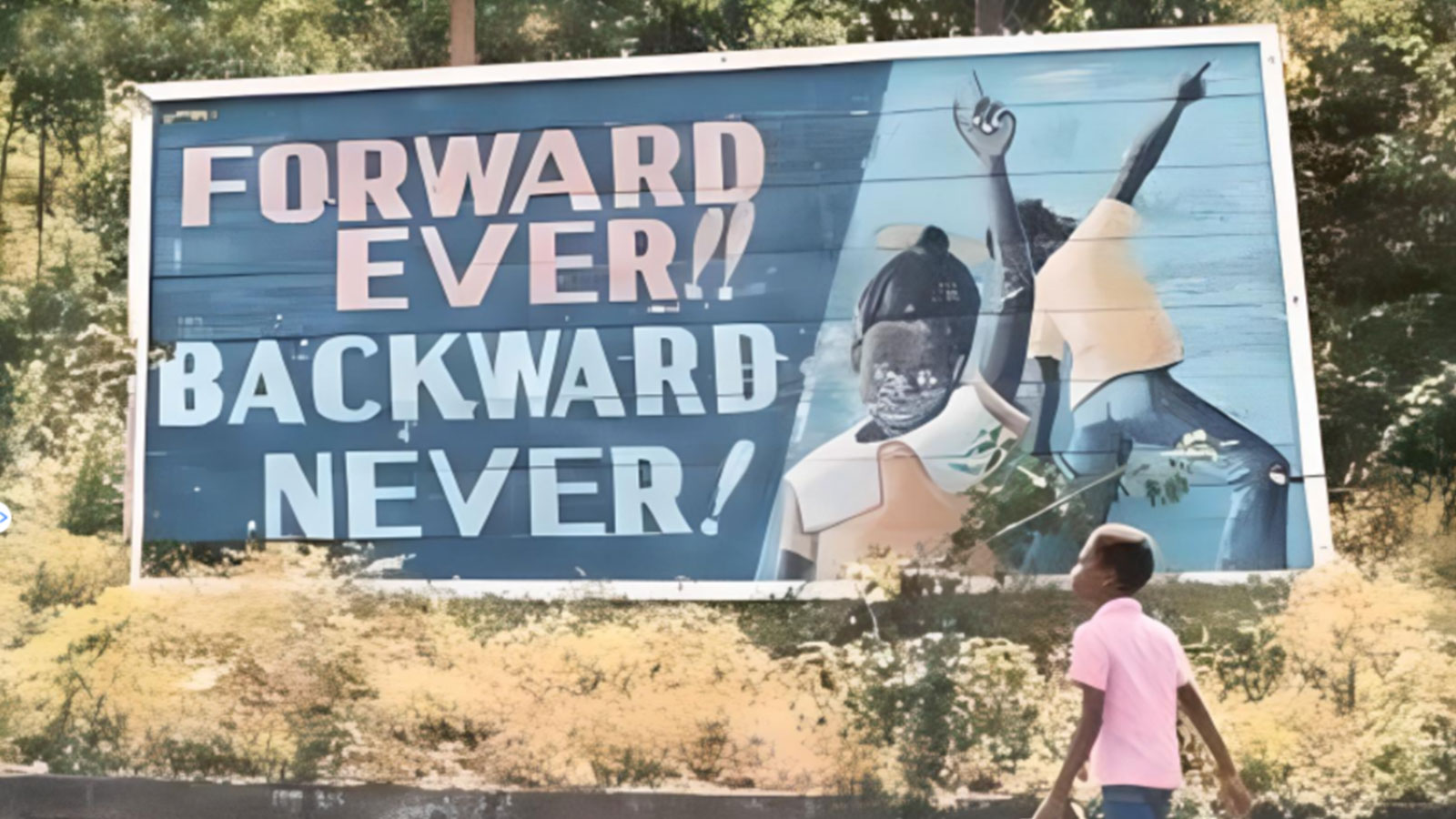By David Abdulah, Movement for Social Justice —
March 13, 2024 was the 45th Anniversary of the Grenadian Revolution. It was early on the morning of March 13th, 1979 that members of the New Jewel Movement led by Maurice Bishop seized power in a peaceful revolution. The sitting Prime Minister, Eric Gairy, was out of the country and the NJM, which was the official parliamentary opposition, got information that Gairy had planned acts of violence against its leaders while he was off island. In a pre-emptive strike, NJM members went to the various police stations and the army barracks and ordered the officers to surrender, which they did. Maurice broadcast the announcement of the Revolution on radio early that morning.
Interestingly, the NJM members were not well armed and were outnumbered, but so unpopular was Gairy that his regime was not worth defending. Gairy, like many others in the eastern Caribbean, started off as a labour leader and then went into politics in the ‘50’s. But he then had to rely on his armed extra judicial enforcers, the infamous “Mongoose Gang” to maintain power. Maurice Bishop and several of his colleagues were assaulted and very badly beaten by the Mongoose Gang during a peaceful protest in the early ‘70’s and Maurice’s father was shot and killed while protecting school children during another protest. The 1976 elections which the NJM contested saw them becoming the official opposition, but many believed that the elections were rigged to keep Gairy in power.
It was in this context that Maurice and the NJM determined that the only way forward was to seize power and that they did on March 13th, 1979. For the next four and a half years the People’s Revolutionary Government (PRG) led by Prime Minister Bishop ushered in very many changes: progressive labour laws; laws that gave new protection to women; a literacy campaign that wiped out illiteracy; education reform and many more opportunities for young Grenadians to obtain tertiary level training; popular participation in decision making such as the Zonal Parish Council Meetings and the Budget discussions that involved mass organisations; and the start of agro-processing using local fruits and inputs; and there were massive voluntary self-help projects in communities. Even the IMF was forced to report on the success of the economy and that Grenada was outperforming the rest of the Eastern Caribbean islands. The major development project was the International Airport, funds for which were raised through small contributions and other efforts by thousands of ordinary Grenadians. Of course, the PRG got significant technical and other support from Cuba and Canada also provided financing.
The Grenadian Revolution not only excited the imagination of millions the world over, it attracted the support of many professionals and academics from the Caribbean and further afield. Lawyers, economists, engineers, educators, media workers and others offered their services to the PRG. Cuba provided support with doctors and other medical professionals. International delegations visited and the African American progressive community rallied in support. The First Conference of Intellectuals for the Sovereignty of the Region, led by the renowned George Lamming, was a huge success attended by very many leading Caribbean creatives and academics. Harry Belafonte was a special guest. And here in Trinidad and Tobago persons who were born in Grenada or had Grenadian roots felt an enormous sense of pride to say that they were Grenadian!
All was not perfect, of course, and some of us raised criticisms with Maurice and the leadership of the NJM in private. Some of the issues raised were later to be manifested in what led to the destruction of the Revolution with the internal attacks in the NJM against Maurice, then his house arrest and ultimately with his assassination and the assassination of his colleagues on October 19th, 1983. Earlier in 1983, the PRG had decided to have a new constitution for Grenada and the Chair of the reform team was Allan Alexander, one of Trinidad and Tobago’s finest attorneys and a close friend of Maurice. That work never got very far as the events of October ’83 overtook it. Many were looking forward to what would have been a unique constitution radically different from the neo-colonial state structures that remain a fetter to our development as independent nations to this day.
So we mark March 13th to remind the two generations that have been born and grown into adulthood since 1979 of the significance of the date and of the Grenadian Revolution – only the third successful one after Haiti and Cuba in the Caribbean and the first in the English speaking region. Unfortunately, the elites that control our education system seek to repress this history, as they do 1970 in Trinidad and Tobago. This refusal to properly educate and inform so that we know where we have come from, the better to show us the way forward, may very well be a factor in our society descending into mindless violence and barbarism.
We must not forget!
Movement for Social Justice
David Abdulah
Political Leader















